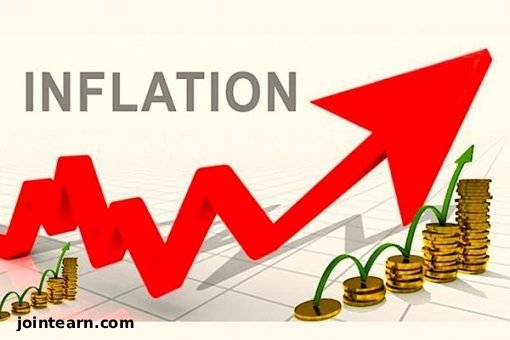
The Federal Government has launched a new economic framework, the Dis-Inflation and Growth Acceleration Strategy (DGAS), aimed at sustaining GDP growth above 7%, cutting inflation to single digits, and doubling national and household incomes to reduce poverty.
Speaking at the 2025 Annual Executive Policy Seminar in Abuja, Minister of State for Finance, Dr. Doris Uzoka-Anite, described DGAS as the “second wave of reforms” under President Bola Tinubu’s administration, following decisive actions on energy pricing and foreign exchange liberalization.
The DGAS, co-created by the Ministry of Finance and the Central Bank of Nigeria (CBN), integrates fiscal and monetary policies to deliver non-inflationary, inclusive growth. Dr. Uzoka-Anite explained:
“Traditional monetary tightening alone cannot deliver sustainable recovery, nor can fiscal expansion in isolation produce the scale of impact that our people require. Nigeria needs a unified framework that combines both monetary and fiscal levers to drive growth and structural transformation.”
The strategy aims to achieve sustained GDP growth above 7% while bringing inflation to single digits through supply-side expansion, rather than suppressing demand. Its ultimate goal is to double national and household incomes, significantly reducing poverty levels.
DGAS will be executed through a single-window platform that unifies development finance, private capital mobilization, project incubation, policy coordination, and performance management. This platform works alongside the CBN to ensure that fiscal measures—such as industrial expansion, job creation, and export growth—are reinforced by monetary policy incentives.
“DGAS bridges fiscal intent with monetary execution,” Dr. Uzoka-Anite said. “It enables us to move beyond fragmented interventions to a coordinated national strategy that accelerates growth.”
The framework rests on nine coordinated pillars, with capital mobilization and financial innovation at its core. It will attract long-term domestic and foreign financing via diaspora funds, global institutional funds, and guarantee-backed investments, reducing reliance on short-term credits and volatile portfolio flows.
Dr. Uzoka-Anite emphasized industrial replication, citing the Dangote Refinery as a model. Scaling similar projects across sectors is expected to drive job creation, tax revenue, and wealth distribution to households, investors, and entrepreneurs.
Energy expansion is another key focus, leveraging oil, gas, hydro, solar, wind, biomass, and hydrogen to power industrial growth while aligning with global carbon market standards. DGAS also targets skills development, aiming to enroll 10 million young Nigerians annually in technical and vocational programs linked to priority sectors.
The strategy includes a revitalized consumer credit system, providing structured financing for housing, education, healthcare, automobiles, and household goods. This is designed to expand domestic demand, increase financial inclusion, and engage all 200 million Nigerians in the economy.
All government agencies will undergo a regulatory review to ensure they support value creation, with at least 40% of existing rules removed to encourage entrepreneurship.
CBN Governor Olayemi Cardoso highlighted the central bank’s role in supporting DGAS through policy credibility, human capital development, and price stability. He stressed that predictable economic fundamentals attract investors and strengthen industrial competitiveness.
He also identified services and creative industries—music, film, design, and digital innovation—as new export frontiers and assured Nigerians of equal access to opportunities within the system. Cardoso cautioned against returning to unsustainable fiscal practices, emphasizing collective responsibility for economic growth.
“We’ve all got to put everything together to ensure we bake a bigger pie. Our GDP today relative to our population is not where we want it to be,” he said.
The CBN’s ongoing reforms, aligned with DGAS, are expected to enhance macroeconomic stability, investor confidence, and sustainable growth in Nigeria.


Leave a Reply